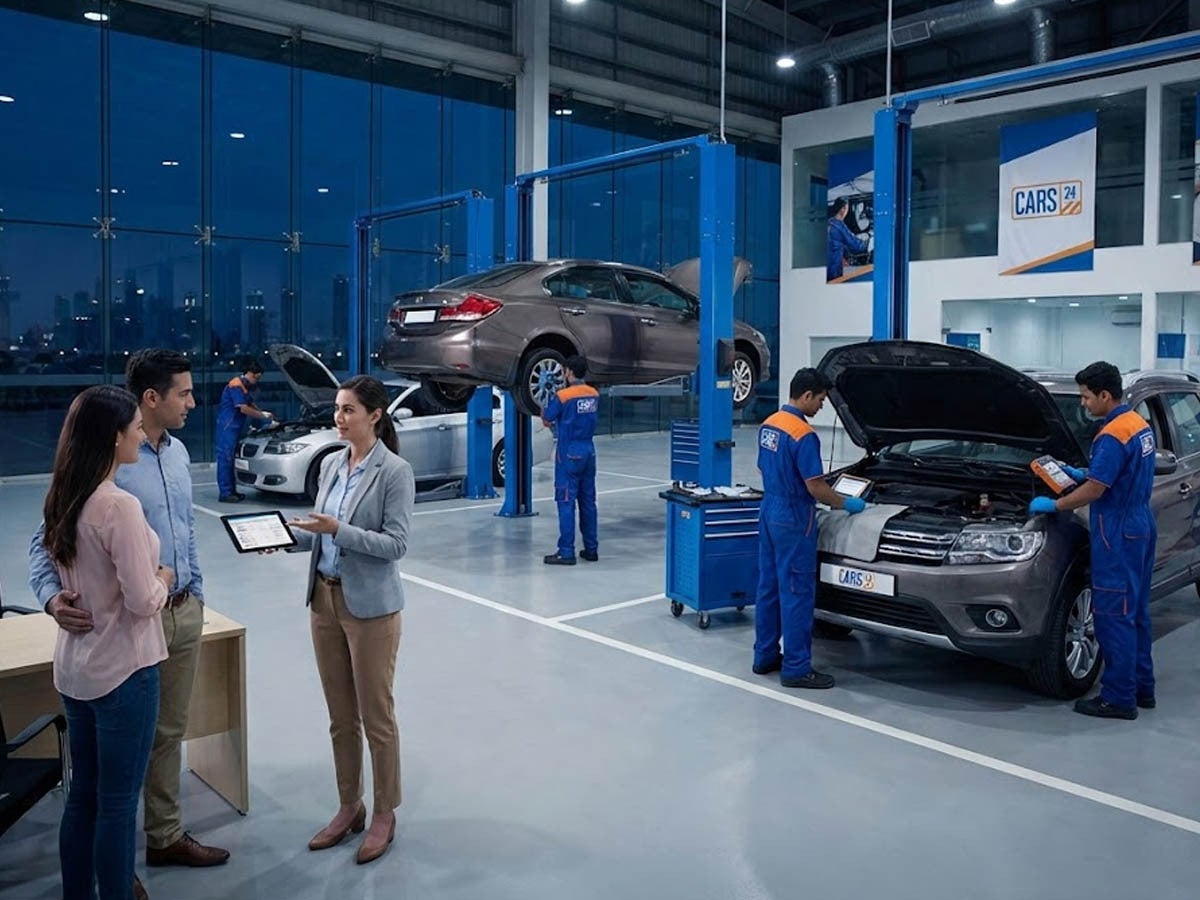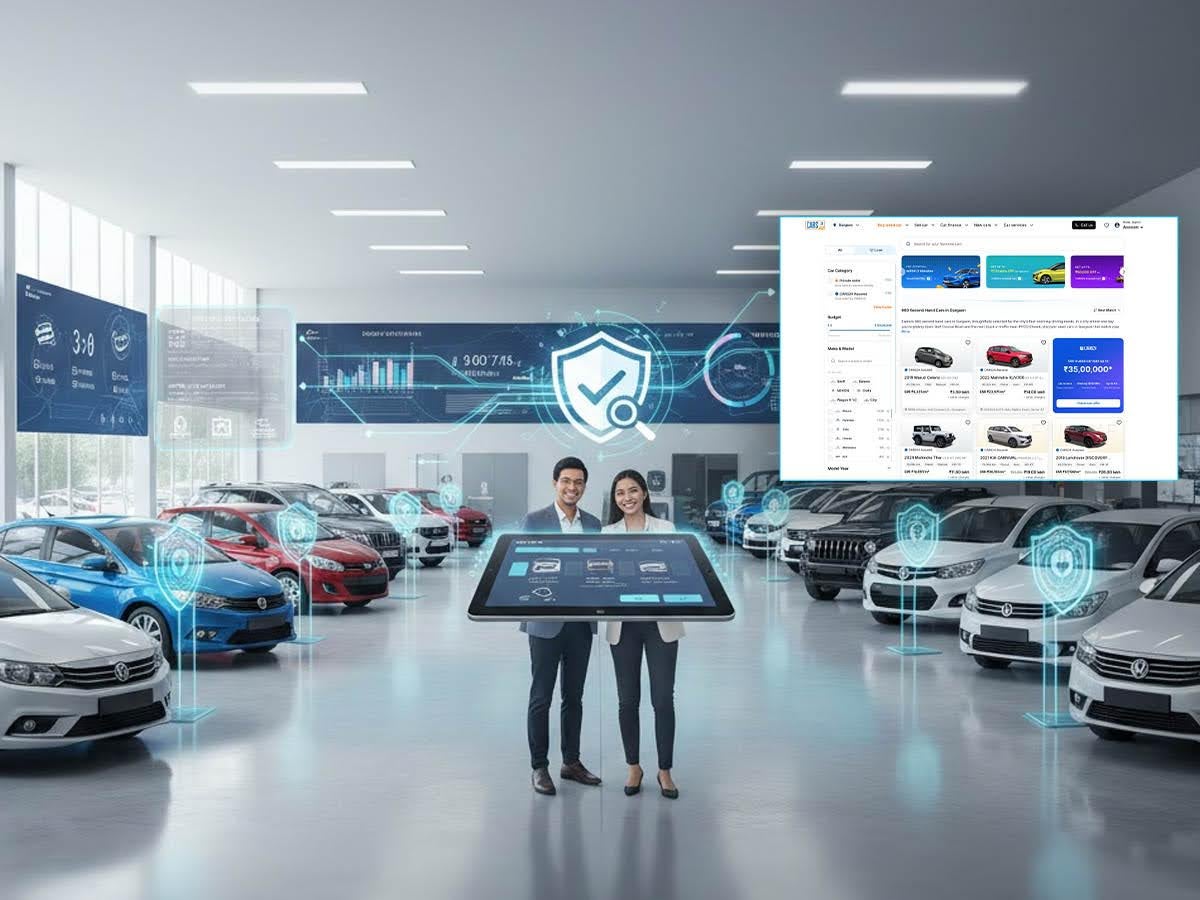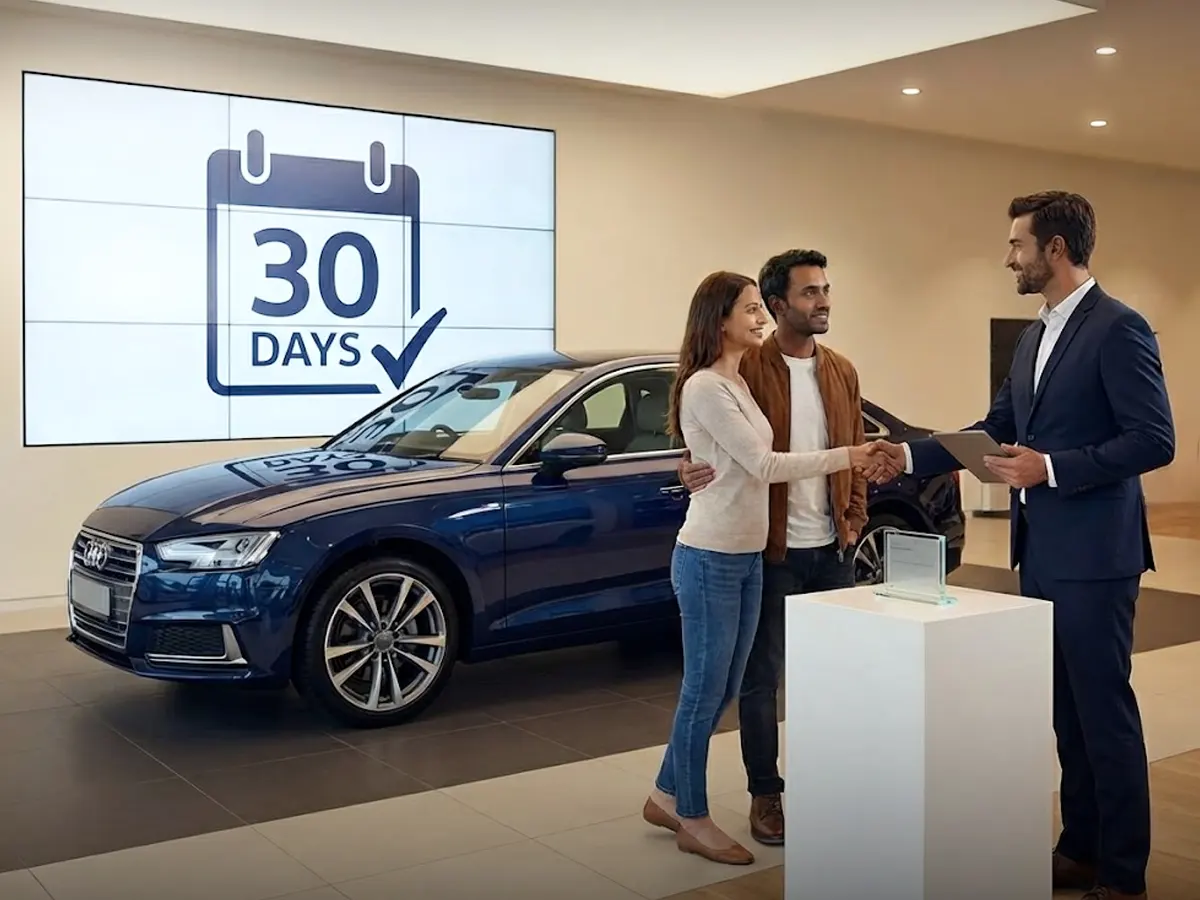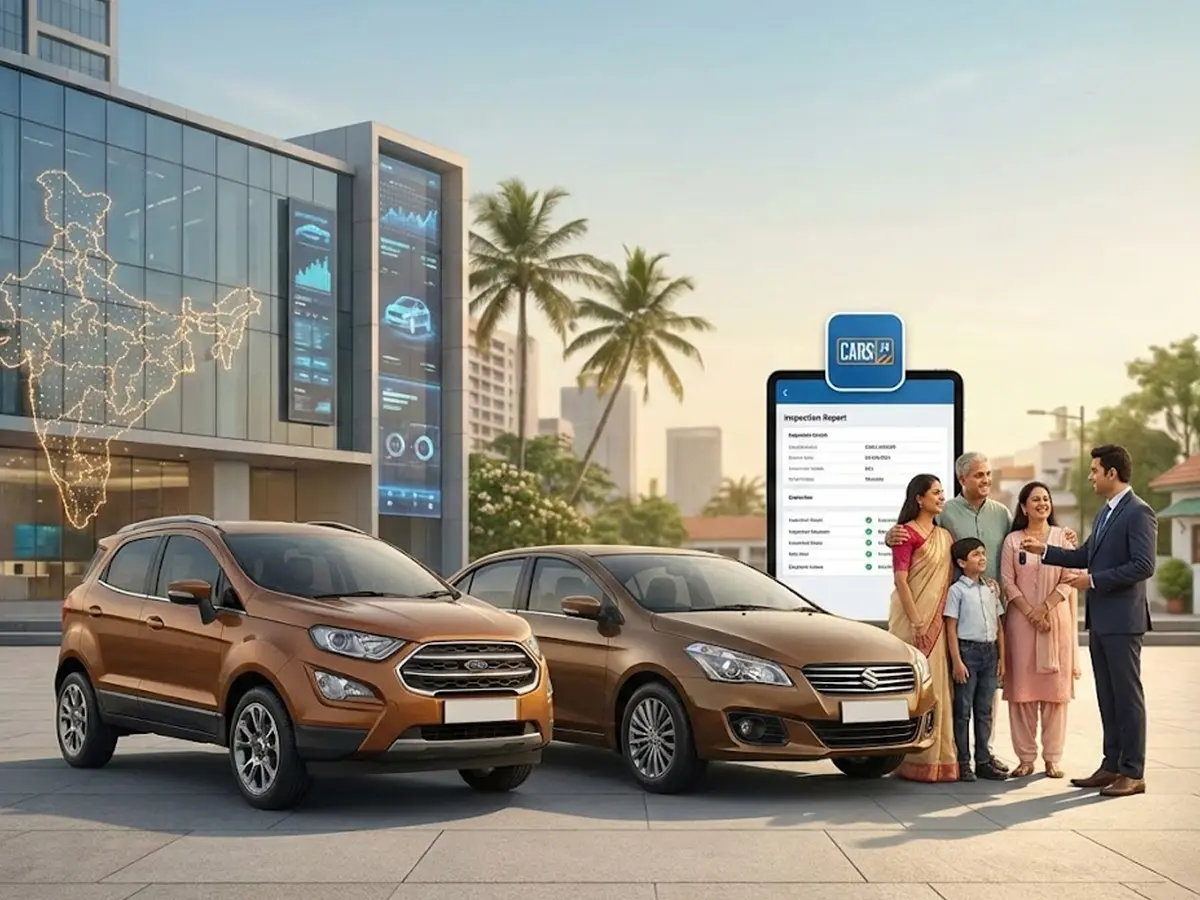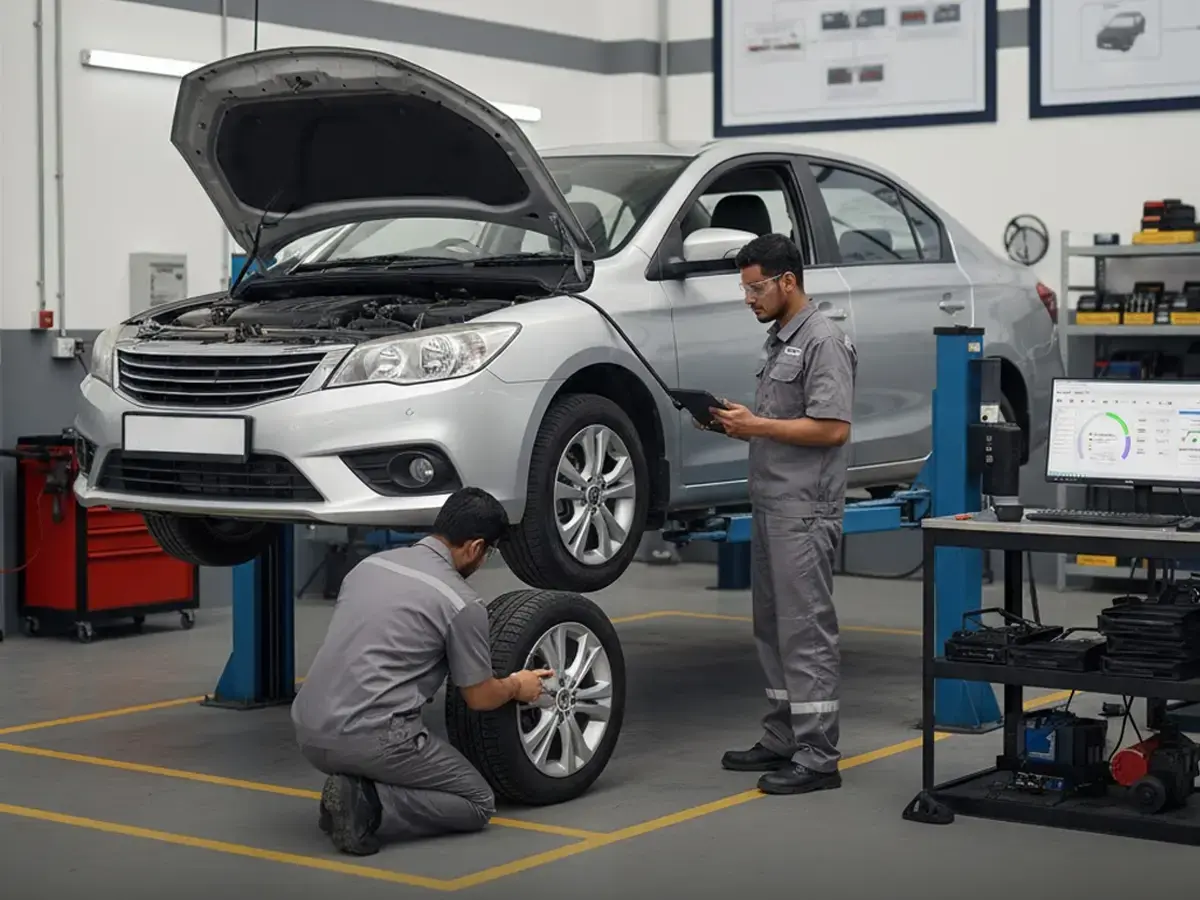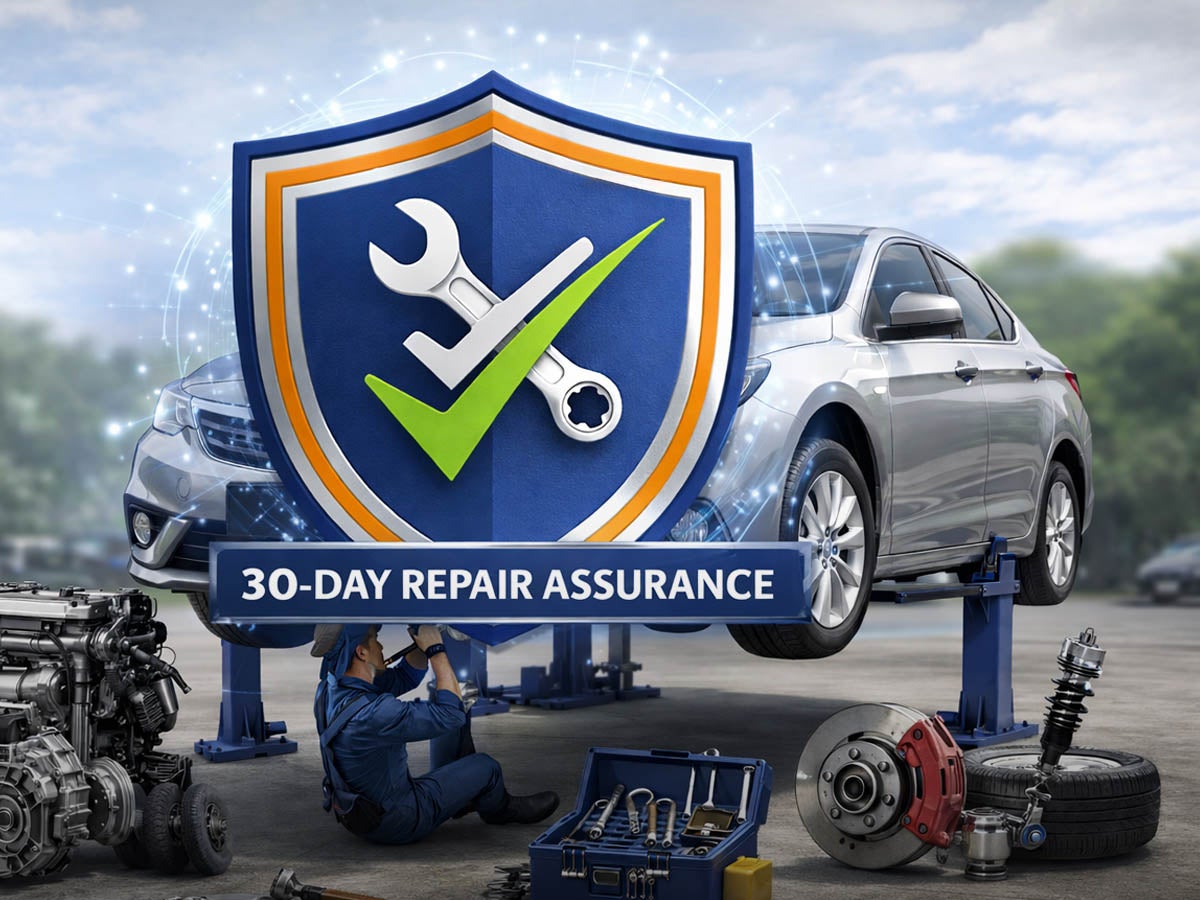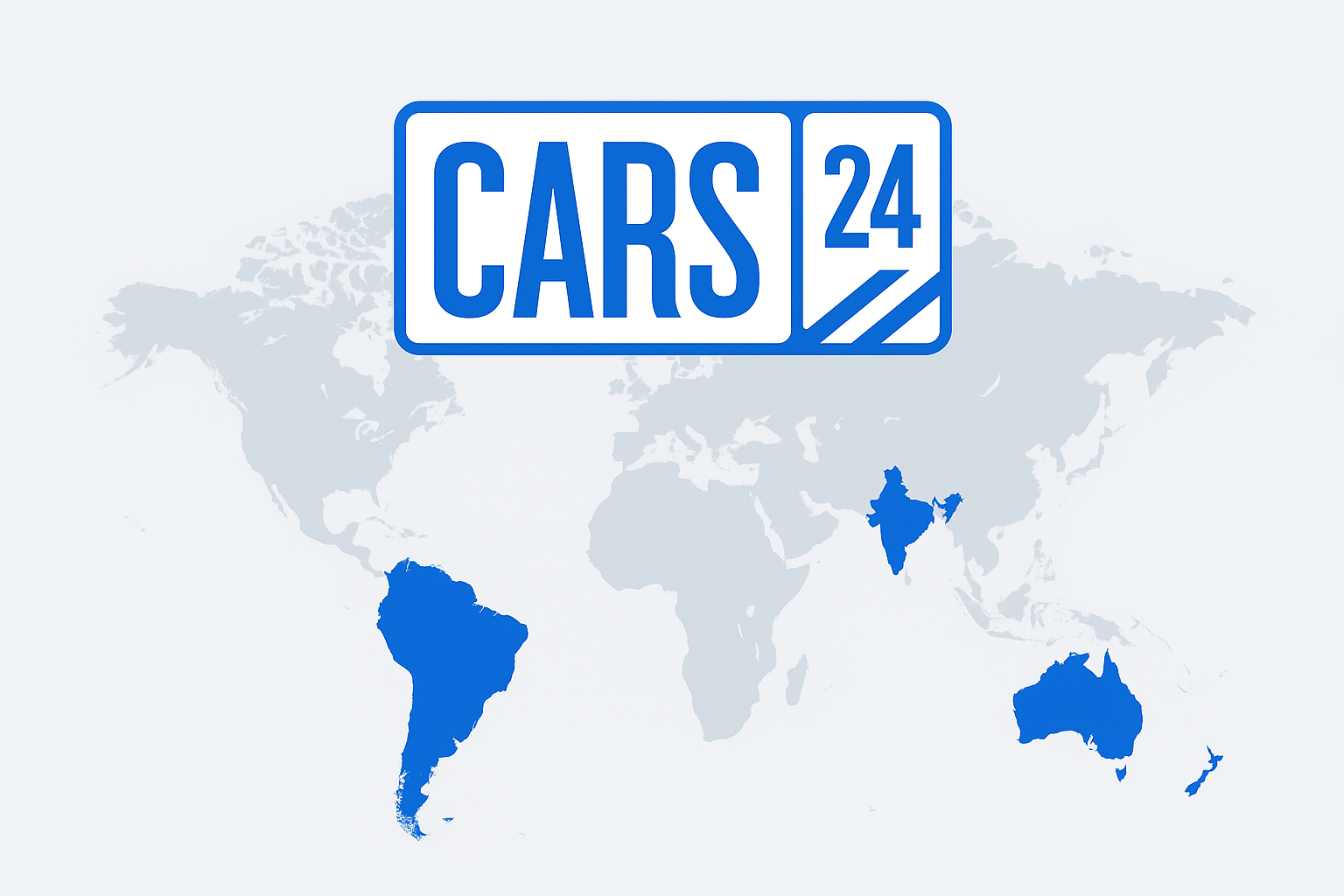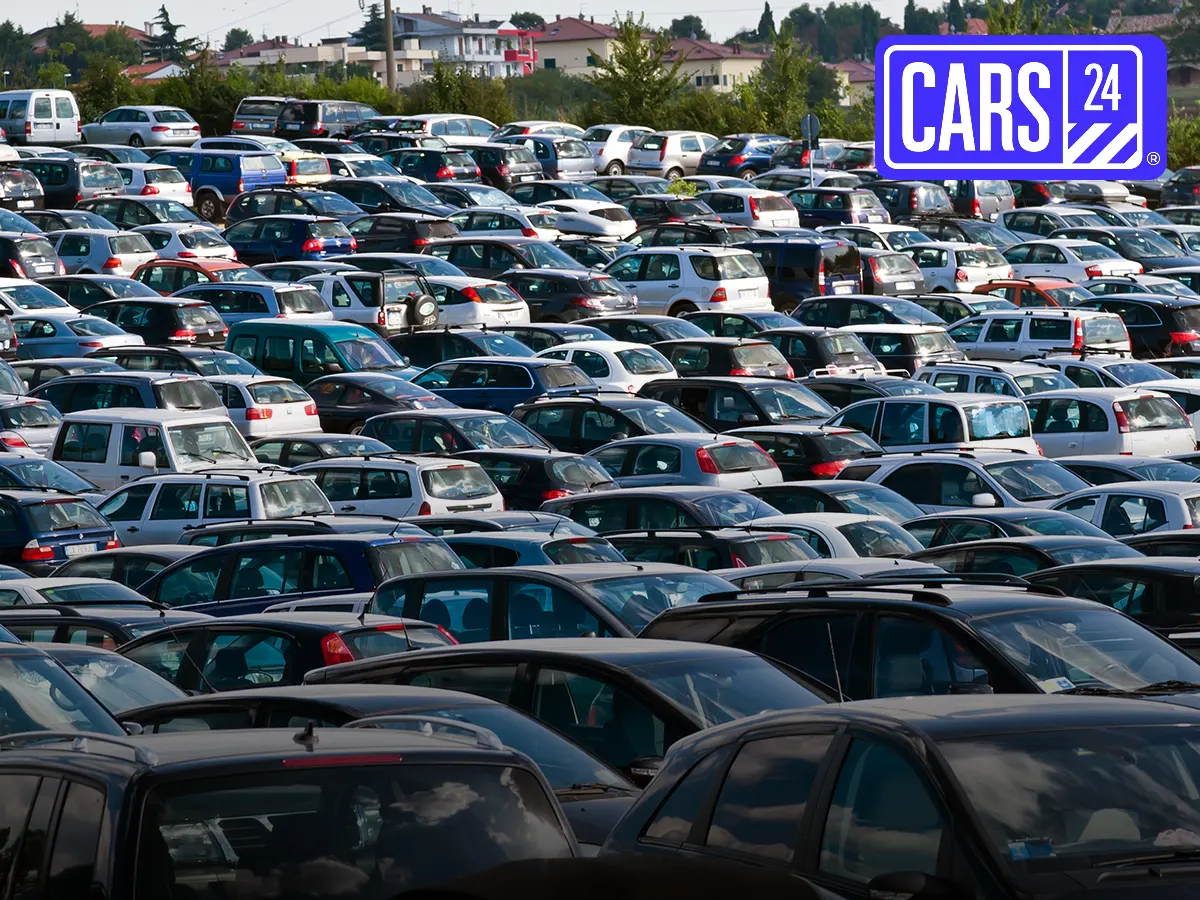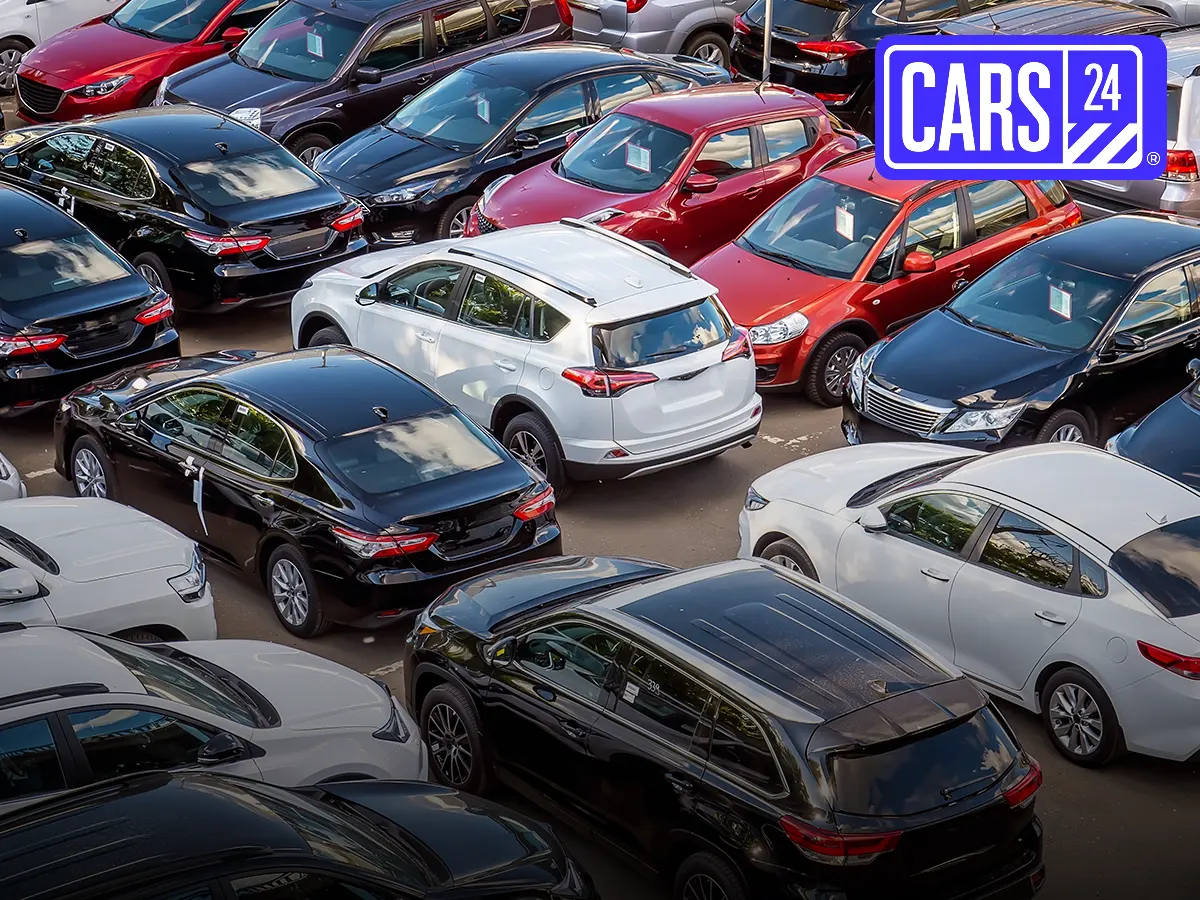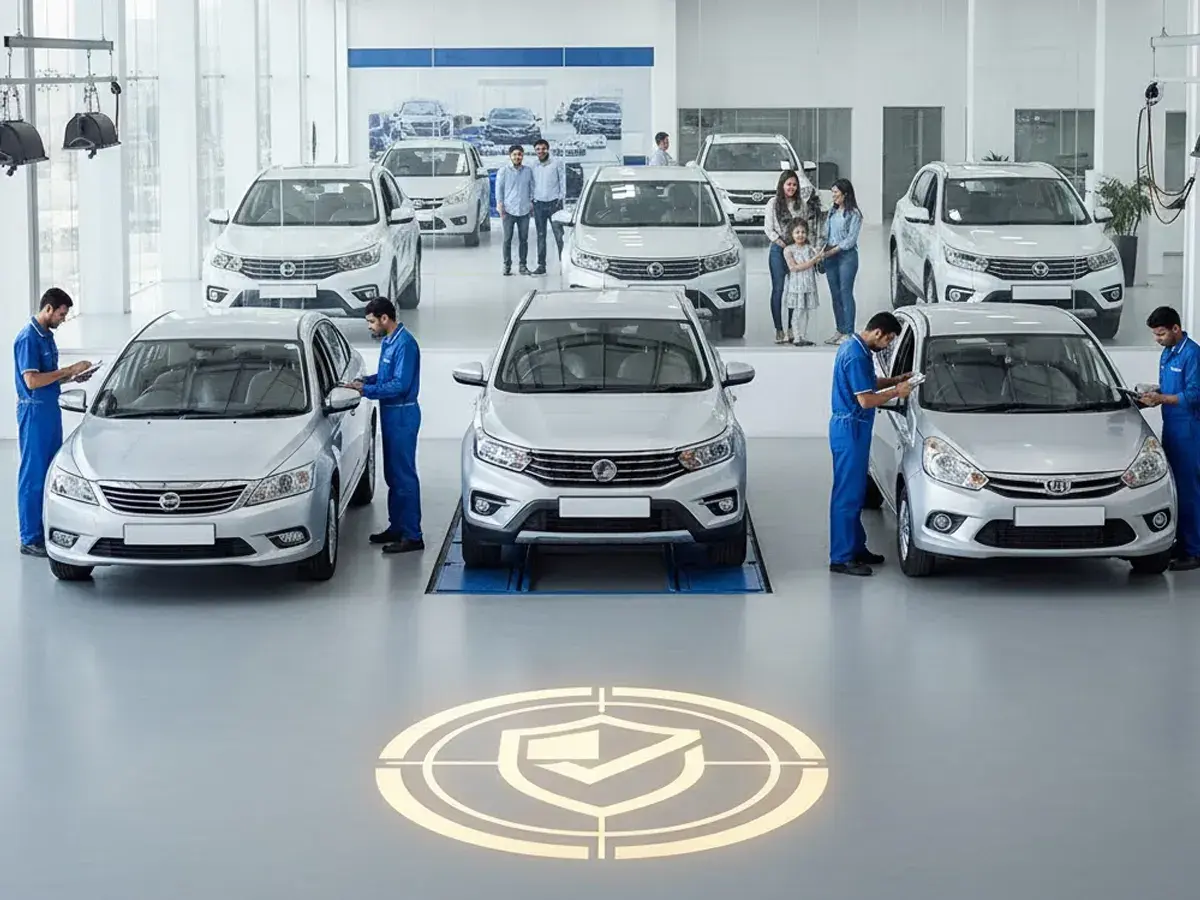

How CARS24 Calculates the Price for Used Car
- 1CARS24 uses AI, inspections, and market trends to calculate car value
- 2Real-time dealer bids and feedback adjust the final offer for fairness
- 3Factors like car age, mileage, and condition directly impact pricing
When selling a used car in India, one question looms large: What is my car really worth? CARS24, one of India’s leading online used-car platforms, offers a streamlined, data-driven valuation process that promises fairness, speed, and transparency. In this post, we uncover how CARS24 calculates the price for a used car, from the AI algorithm through inspection to final offers, and explain which factors matter most. Whether you’re preparing to sell or simply want to understand valuation logic, this guide will help.
CARS24’s Valuation Philosophy: Data + Inspection + Market Trends
CARS24 doesn’t rely solely on guesswork or manual appraisal. Instead, its valuation approach is built on three pillars:
AI-powered pricing engine: analysing historical transactions, current market trends, and more than 10 lakh transaction data (CARS24 has India’s largest data set about used cars)
Physical inspection: verifying condition via 140+ parameters inspection process, checking under the hood, the bodywork, the interior, and even the electrical components
- Live dealer bidding/market feedback: tweaking visibility and offers based on how dealers respond
This hybrid model ensures that the final offer is not purely theoretical but grounded in the actual car’s state plus real-time demand.
The Valuation Workflow: Step by Step
Let’s walk through how CARS24 typically arrives at the final price:
| Stage | What You Do / What Happens | How Price Moves | Why It Matters |
|---|---|---|---|
| Online Input | You fill in car details: make, model, variant, year, odometer reading, fuel type, location, number of owners, accident history, etc. | The AI engine gives an indicative estimate | Gives you an initial ballpark to set expectations |
| AI Valuation | The algorithm compares your car’s inputs with its dataset (10+ lakh transactions) | A baseline price is generated | This is not final, subject to inspection adjustments |
| Physical Inspection | CARS24’s expert visits your car (or at a branch) and checks 140+ parameters (body, interior, mechanical, tyres, etc.) | Price may be adjusted up or down | Ensures the estimate matches reality |
| Dealer Bidding & Feedback Loop | The listing is exposed to 5,000+ dealers for real-time bids. CARS24 monitors responses and may increase visibility or adjust margins. | Competitive bids often push the final offer upward | Creates a “market-driven” final price rather than a flat quote |
| Final Offer & Payment | You accept or decline. If accepted, we handle paperwork, RC transfer, and deposit funds. | You receive the agreed amount | Seamless end-to-end process |
Because of this layered system, the final price may differ from the initial online estimate, but it’s generally more accurate and justifiable.
Key Factors That Influence the Price
Your car’s final value is shaped by a mix of fixed attributes, variable usage, and market dynamics. Below are the core factors:
Car make / model/variant/fuel type
Premium or high-resale brands like Maruti and Hyundai tend to hold value better. Variants with desirable features or fuel efficiency command a premium.
Age/depreciation
Cars lose value fastest in the first 1–2 years, then slowly over time. Hence, the older the car, the higher the loss in valuation it will have.
Mileage/usage
Higher kilometres typically signal more wear and tear. Lower-mileage cars fetch better offers.
Condition & inspection results
Dents, rust, interior damage, mechanical issues, every deficiency dents the valuation. Conversely, a well-maintained car can preserve or enhance value.
Service history & ownership count
Cars with full service records, few owners, and documented maintenance score higher in value.
Accident/repair/insurance claims
A clean accident history helps. Cars with major repairs, panel replacements, or salvage history are penalised in price.
Location/registration/demand dynamics
A car registered in one city may fetch a different resale value compared to another. Also, surges in demand or scarcity in certain models influence price.
Colour, features & optional accessories
Popular colours or factory options (sunroof, navigation, safety packs) add value. Uncommon or undesirable colours may be discounted.
Real-time dealer bidding & market feedback
Even after inspection, the price can be nudged up (or down) depending on how many dealers bid and how aggressively.
Tips to Maximise Your Car’s Offer from CARS24
- Provide accurate inputs early: wrong mileage, variant, or condition data can mislead the AI estimate.
- Maintain full documentation and service history (invoices, prior RTO, insurance); it builds confidence.
- Fix minor damages (dents, scratches, broken trims), small cost, decent upside.
- Deep clean interior/exterior before inspection: visual appeal counts.
- Highlight favourable features (low use, single owner, upgrades).
- List during high-demand windows (festival seasons, model launches) to benefit from more bidding activity.
- Understand and negotiate: know your baseline from multiple valuation platforms for comparison.
Conclusion
CARS24’s method of calculating used car prices is sophisticated yet user-friendly: a combination of AI, inspection, and market signals ensures that sellers receive offers close to real market value. But your share of the value is not fixed; by optimising condition, documentation, timing, and presentation, you can often push the final offer higher. For detailed information on everything we offer, please see the Why Cars24 page.
Frequently Asked Questions
Expand all

